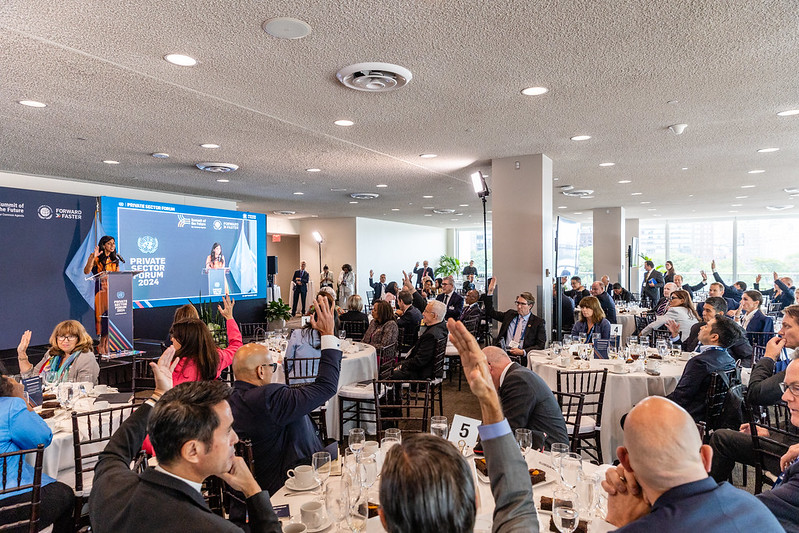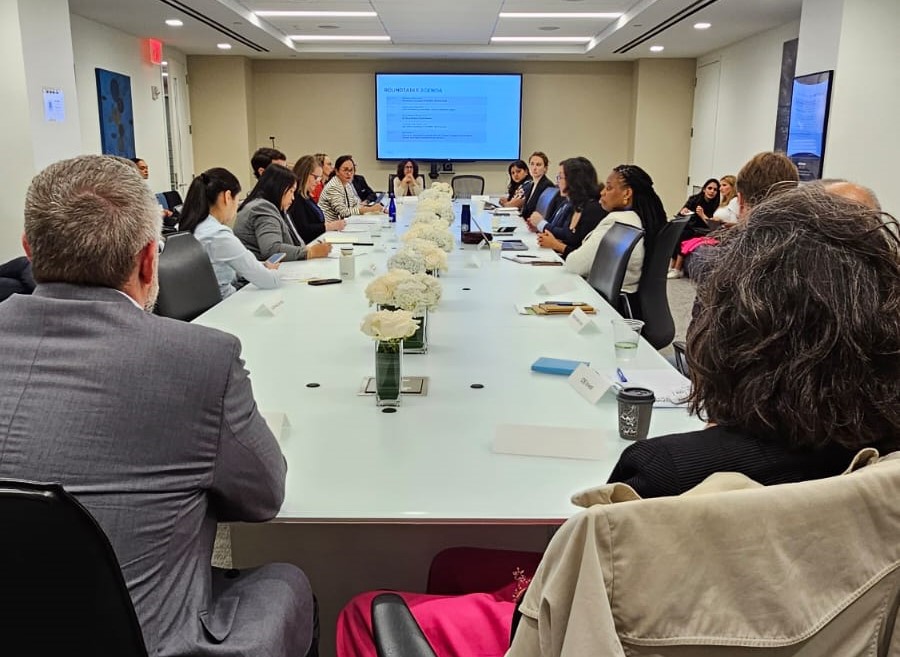
Access to improved and safely managed drinking water, sanitation, and hygiene (WASH) is one of the important factors in people’s quality of life. Poor access to WASH contributes to poor public health, and results in reduced productivity and competitiveness. Inadequate access to WASH accounts for as much as 10% of the global disease burden, contributing to 1.6 million preventable deaths each year, including 60% of all diarrhoeal deaths. Given the impact of inadequate WASH, in 2015, Governments of the world committed to achieving Sustainable Development Goal-SDG 6, universal access to clean water, sanitation, and hygiene by 2030.

The WASH4Work initiative was introduced globally to mobilize business action on WASH (drinking water, sanitation, hygiene) in the workplace, in communities where companies operate, and across supply chains. In Indonesia, WASH4Work was initiated through close collaboration between UNICEF, Bappenas, and the Ministry of Manpower (MOM). In 2021, the stakeholders jointly conducted a WASH4Work landscape assessment to map the conditions of WASH access in business settings in Indonesia.

A consultation, aimed to explain the technical guidance on WASH4Work for private sectors, was virtually held on 17 May 2023. IGCN participated as an organizing partner in the event and as a panelist panel discussion, presented by Satrio Anindito as Program Manager of IGCN. It was aimed to disseminate the results of the landscape study on WASH4Work in Indonesia as part of a national mapping exercise on the current condition of WASH access in industries. The 115 participants were also expected to share the draft WASH4Work technical guidance to gather feedback and input from industries and business associations. Participants also explored options to pilot the technical guidance in select companies as an initial step towards improving WASH conditions at the workplace, across supply chains, and communities.





